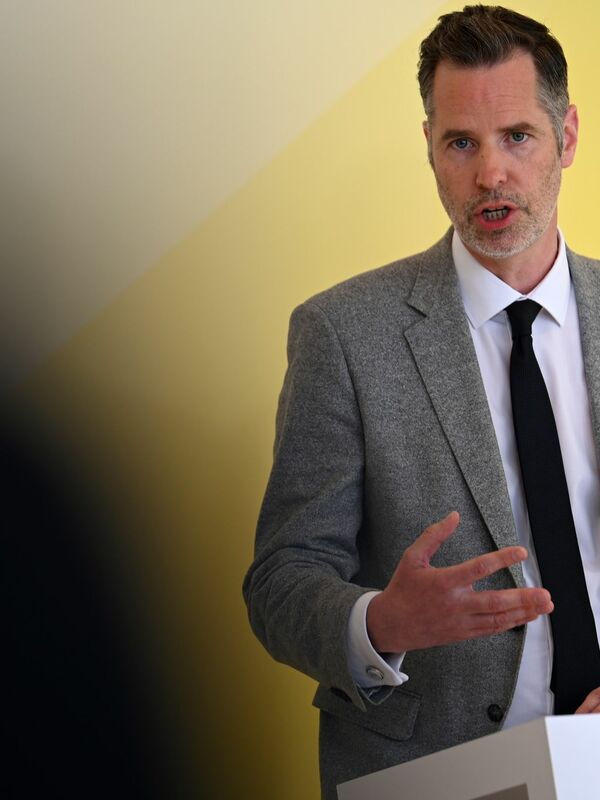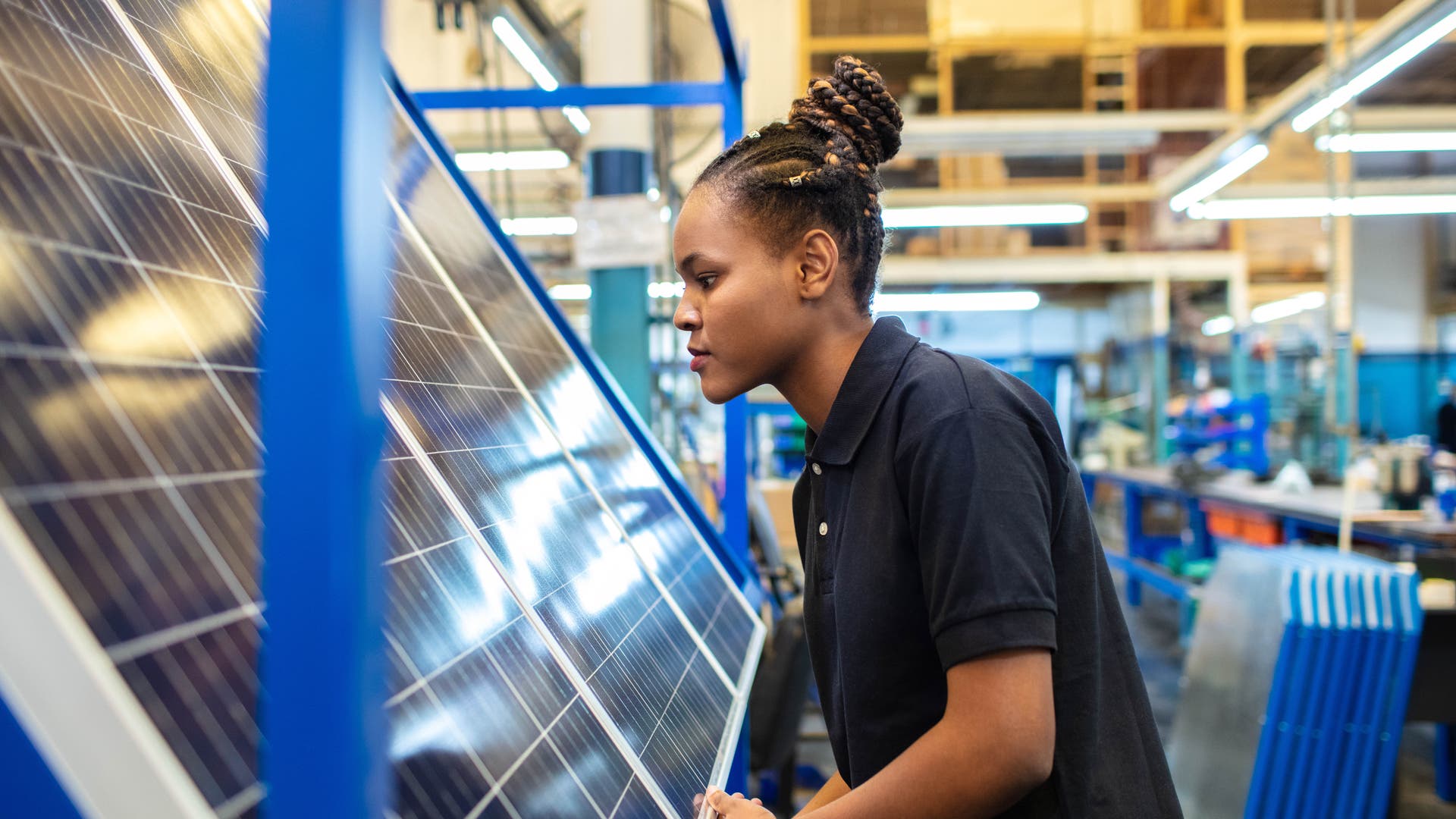However, previous governments did relatively little to develop new mines or at least to secure them financially. German politicians consider this important for the economy, while China has been supporting the extraction of raw materials with government support since the 1990s. Today the country is dominated by the mining and processing of all rare earth minerals, but also gallium, vanadium and indium.
A look at Serbia shows how Germany and the European Union are on their way to securing raw materials for the energy transition. In 2013, the Serbian government was looking for investors for a copper mine and smelter near the small town of Bor in the east of the country. The discovery of new copper deposits in particular made it possible to rehabilitate the former industrial complex at that time.
Despite some interest on the part of Western mining companies, none of them have been backed by EU governments with guarantees. The Serbian government finally chose the Chinese company Zijin in 2018. More than 27,000 tons of copper concentrates are now mined in Bor again every year. “But it is now more likely to go towards China’s new Silk Road rather than supporting Europe’s energy transition,” says Jens Gotzemeer.
Nobody wants a mine next door
Other projects that could support the raw material needs of the European energy transition are causing resistance: In Extremadura, Spain, there are large deposits of lithium undergroundHowever, the proposed mine is opposed by many residents in neighboring communities. The largest lithium deposits in Europe are believed to be in Portugal. Its president recently spoke out against a mine in the northwest of the country.
© Mirko Kuzmanovic / Getty Images / iStock (Details)
copper mine in Bor | The mine in Serbia annually supplies 27,000 tons of copper concentrate, and the raw material goes to China.
Street pressures also prevented the construction of the planned lithium mine in Gadar, Serbia: after mass protests shortly before the parliamentary elections, Prime Minister Ana Brnabic decided against the project in January 2022. The reason for the protests lies precisely in the experience of the Bor copper plant, which is run by the Chinese Four years ago: the entry of the Chinese hardly improved the economic conditions of the local population. The company employed mainly workers from Vietnam and China, while the start of production caused the air quality of the entire population to deteriorate dramatically. Although Rio Tinto responded by promising to hire 90 percent of Serbian workers at its planned mine and to follow strict environmental guidelines, this did not convince Serbs nor the government shortly before the elections.
While the energy transition currently increases the need for metals and therefore more mining, there is at least one positive possibility: It is the path to a true circular economy, for example, if the need for neodymium and copper for new wind turbines can be covered by neglected recycling systems. However, this point in time has not yet been reached: “At the moment we hardly disassemble anything, but above all we build it,” says Jens Gotzemeer.

“Alcohol buff. Troublemaker. Introvert. Student. Social media lover. Web ninja. Bacon fan. Reader.”





More Stories
Up to 100 pilot whales stranded in Western Australia – Science
Huge radiation explosion from a magnetar – forschung.de
Principles and features of the folk nutritional principle